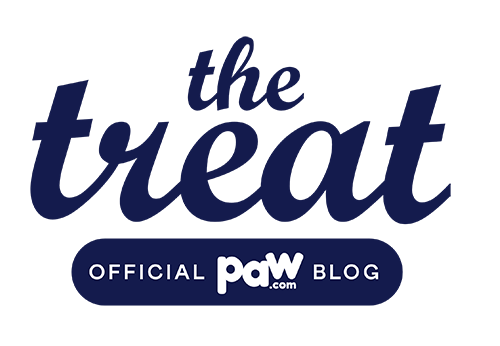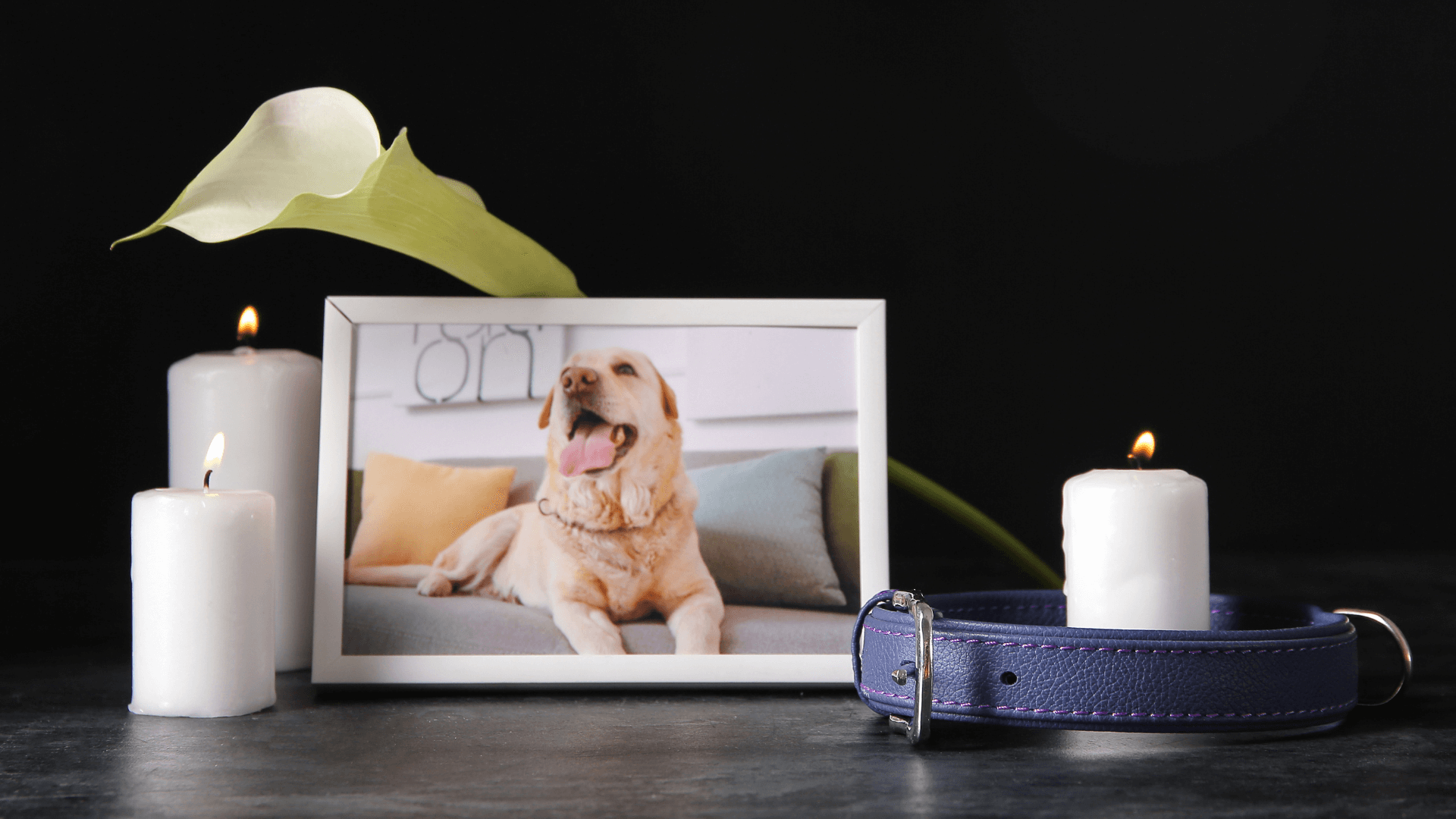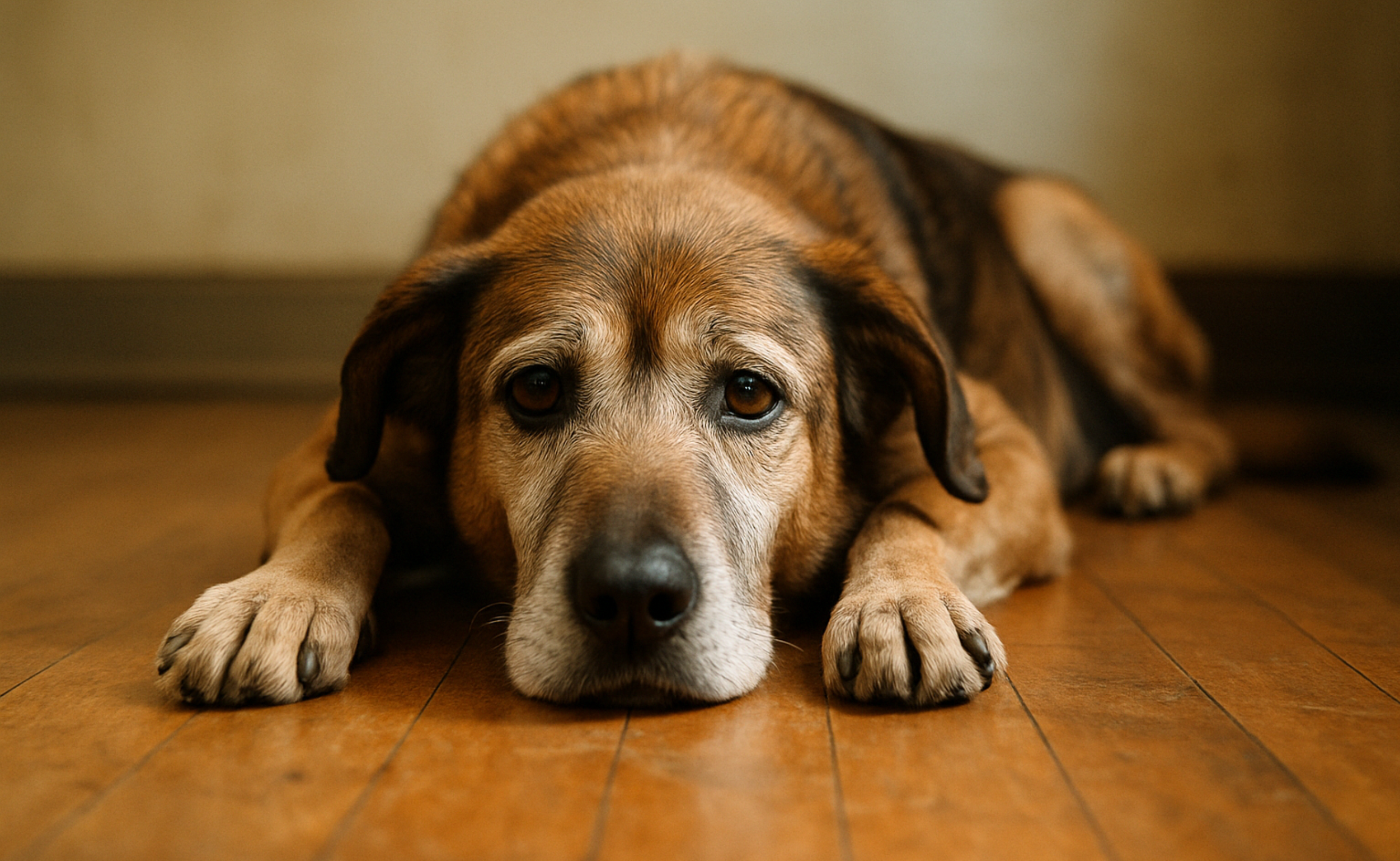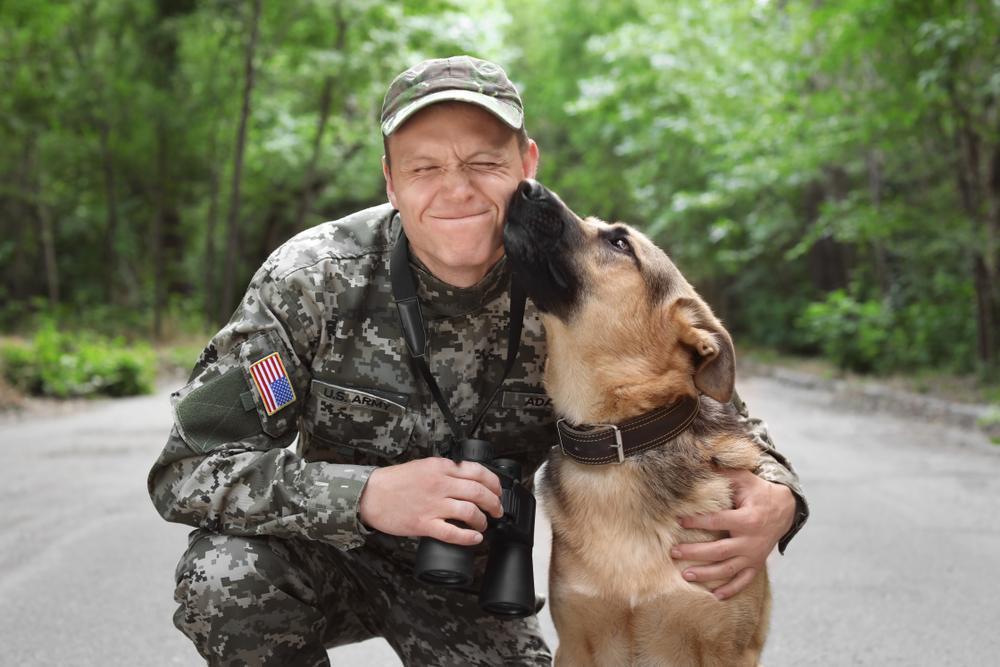
Dog & Cat Breeds Prone to Dental Health Issues

February is National Pet Dental Health Month, and a good reminder to pet parents to take their dogs and cats in to the vet for an exam and cleaning.
Of course, you should also be brushing your pet’s teeth at least twice a day if possible, but not less than three times a week. Not only is it a bonding opportunity, but it’s a great time to check for any dental issues your dog or cat may have.
Another thing to keep in mind when it comes to our pets is that some breeds are more prone to dental issues than others. Here are the ones to particularly keep an eye on.
Dogs

Dogs have more teeth than humans — 42 as opposed to our 32. In addition, their front teeth are more pointed and sharper than ours and, of course, they have two pairs of prominent fangs at the front of their muzzles.
Certain breeds are more prone to certain conditions, though. Here’s a list.
Boxers
They are more likely to develop a condition called gingival hyperplasia. What this means is that the dog experiences excessive growth and thickening of the gums.
It is usually a response to inflammation. Much more rarely, it’s a reaction to certain medications, particularly cyclosporine. In the latter case, it can be treated by halting the medication. Unfortunately, in the former, it requires surgery to remove the excess tissue.
Besides boxers, other breeds that are highly likely to develop gingival hyperplasia include Great Danes, mastiffs, bulldogs, and collies, more on which below.
Chihuahuas
Periodontal (gum) disease is the number one health-problem in Chihuahuas, primarily because of their small size. Remember: they have to fit the same 42 teeth into their mouths that all dog breeds do.
This crowding can lead to a build-up of plaque and tartar which can damage teeth and gums. Chihuahuas can also develop periodontal disease at an earlier age than other dogs. Typically, adult dogs will become affected after three years old. Chihuahuas can be impacted as early as one year of age.
Other breeds prone to early development of periodontal disease include greyhounds, and especially breeds with tiny mouths, like pugs, English bulldogs, Boston terriers, shih tzus, and Brussels griffons.
Collies
This breed frequently has a problem with an overbite, which is a condition where the lower jaw is shorter than the upper jaw so that the top teeth close in front of the bottom teeth.
It can be prevented if treated while the dog is a puppy, but your vet will probably still need to provide treatment to an adult dog even if the overbite was corrected. The condition can cause tooth-on-tooth wear and soft tissue trauma.
Other breeds affected include dachshunds and Shetland sheepdogs, or shelties.
Toy breeds
These include Yorkshire terriers, Maltese, toy poodles, and the aforementioned Chihuahuas. All of them are prone to a condition called persistent deciduous teeth (PDT).
What are deciduous teeth? Well, like humans, dogs are also born with so-called baby teeth or milk teeth, which are supposed to fall out as the jaw grows, making way for the adult teeth to grow in. A persistent deciduous tooth is one that doesn’t fall out.
This can lead to overcrowding. Also, the baby tooth can force the adult tooth to grow out in the wrong direction, which can lead to further damage to the mouth and teeth. Puppies start out with 28 baby teeth, so they have to manage to get another 14 in there. It doesn’t help if a number of the originals decide to stay.
Besides altering the position of the teeth, PDT can create difficult-to-clean gaps between the teeth where tartar and plaque can build up.
Cats
While dental problems are the most common issue seen by veterinarians in cats, there tend to be fewer breed-specific issues with one general exception.
Like humans (and dogs) cats are born toothless, and also have a set of deciduous teeth grow in, although they start with only 26, eventually ending up with 30. Like dogs, cats can also experience PDT.
As for the breed specificity, the one commonality seems to be that purebred cats are much more susceptible to all manner of dental health issues. These include breeds like the Persian, Maine coon, Burmese, and Siamese.
Of course, those aren’t all of the purebred cats. The Cat Fancier’s Association currently recognizes 45 pedigreed breeds.
Like dogs, though, you don’t have to go with a purebred cat.
Healthy mouth, healthy and happy pet
As with humans, dental disease can affect overall health in general, especially the heart, kidneys, liver, and joints. If you love your fur babies, take good care of their teeth and gums. They’ll return the favor by loving you back all during a long and healthy life.
Share this article
written by


